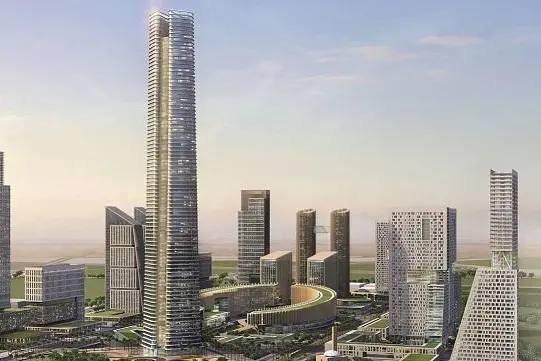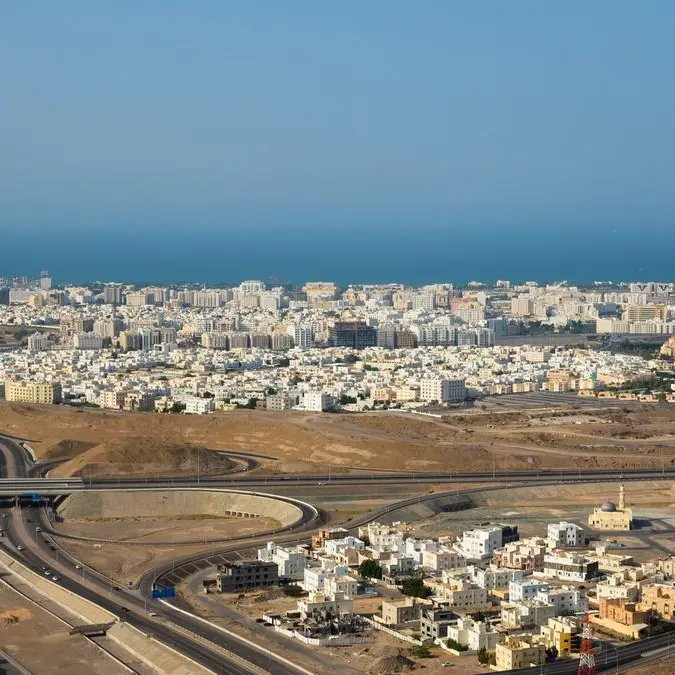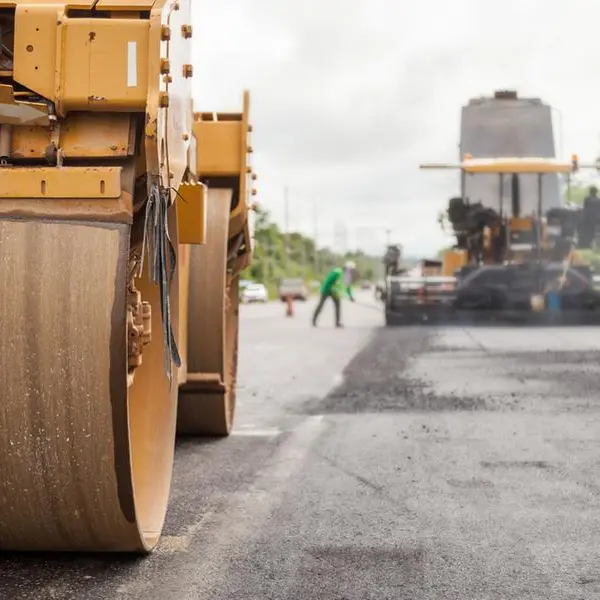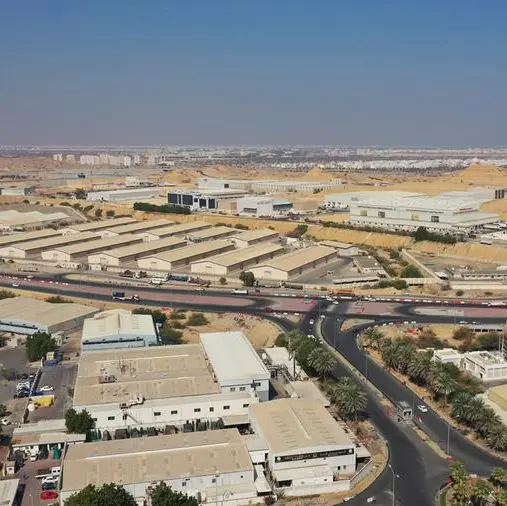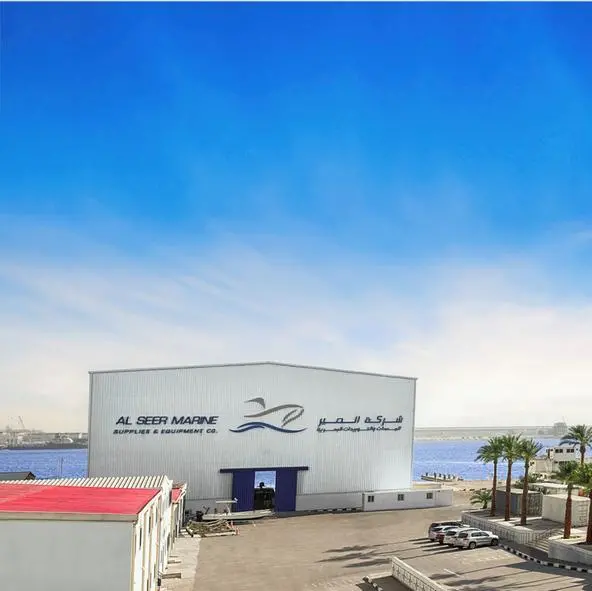PHOTO
According to the International Energy Agency (IEA), industry accounts for 37 percent of global energy use and 24 percent of global CO2 emissions. In comparison, buildings account for around 30 percent of energy consumption and 28 percent of CO2 emissions. A large proportion of this activity is associated with electric motors. It is estimated that electric motors account for roughly 70 percent of the electricity consumed in industry and 38 percent in commercial buildings.
Ahmed Hassan, ABB's Motion Business Area Manager for Egypt, North & Central Africa, said industry and governments must redouble their commitment to reducing energy consumption and overusing natural resources to protect the environment without slowing economic growth.
"In this context, energy efficiency is a simple and impactful solution to a very complex existential crisis," said Hassan in an interview with Zawya Projects.
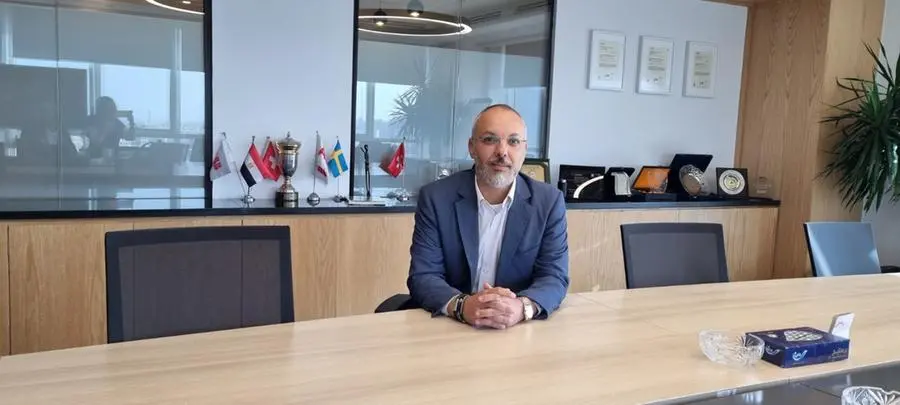

He described energy efficiency as the 'first fuel' for a decarbonised future and a key contributor to environmental conservation, cleaner air and water, better public health, energy independence, and more robust economic growth and development.
The ABB official underlined that energy efficiency is a low-hanging fruit because the technologies, products, and solutions needed to improve energy efficiency already exist.
"We just need to take them into use," he noted, adding that major progress is possible in the coming decades with adequate investment and appropriate legislation.
Excerpts from the interview:
How is ABB helping customers on the energy efficiency front?
We help our customers become more energy and resource-efficient by enabling lower downtime, avoiding material loss, and offering lifetime-extending services. The use of drives helps to reduce motors' energy consumption by 25 percent during their lifetime, which accounts for more than 90 percent of motor life-cycle carbon footprint.
On the other hand, our digital solutions provide deeper insight into the health of drives and motors for effective life-cycle management, reduced energy consumption, and avoidance of unplanned downtime, thus, loss of resources. ABB's modernisation and performance improvement services extend the equipment's lifetime, optimising performance and reducing waste.
As one of the world's leading suppliers of motors and drives, ABB regularly evaluates the net impact of our products on global energy efficiency performance. In 2020, ABB's installed base enabled 198 terawatt-hours of electricity savings. In 2023, we expect 78 terawatt hours.
Could you explain in numbers how energy efficiency helps reduce costs?
Over 45 percent of the world's electricity is consumed by electric motors, although many of them continue to adhere to outmoded energy-efficiency requirements (IE1 or IE2 designs). The IE5 "ultra-premium efficiency" motors, the most efficient motors on the market, are now an upgrade option at ABB.
A Variable Speed Drive (VSD) can often cut energy use by 25 percent in applications involving pumps, fans, and compressors; however, higher energy savings can be realised when a high-efficiency motor is used with one. Despite the significant potential, only 23 percent of already in-use motors have VSDs.
How do you view the opportunities in the Egyptian market? Please also share details of the prominent projects you are involved with.
The Egyptian market offers excellent investment potential due to its vast population and the government's growth plans. We have an integrated team to provide the newest products, spare parts, after-sales, maintenance, and operation services. Also, our local manufacturing rates for medium and low-voltage power distribution goods in Egypt are among the highest at over 40 percent, unmatched by any other foreign company working in this sector.
ABB is involved in drinking water and agricultural wastewater treatments mega projects in Egypt. These include:
- The Bahr El Bakar wastewater treatment plant has the capacity to recycle and reuse up to 5 million cubic metres of water per day for irrigating up to 400,000 acres in the North Sinai Peninsula. It has 20 IE4 motors and six custom-designed medium voltage (MV) motors, optimised for pump performance.
- The Toshka Project, one of the largest irrigation projects in the world, installed 57 new irrigation pumping stations with high-efficiency motors and ACQ580 drives. This will deliver 30-50 percent energy savings compared to more conventional equipment.
- Canal Sugar is the world's largest sugar beet factory, filling 80 percent of Egypt's sugar deficit. ABB's IE4 motors and VSDs run the factory's 15 batch processes and 10 continuous centrifuges. Our custom-designed Multidrive system has successfully met the target goal of reducing energy consumption by 25 percent per tonne to enable regenerative operation.
We are also involved in Egypt's fourth-generation cities. ABB, in partnership with system integrator Quasi Systems, is providing 850 units of ACH580 Variable Frequency Drives to the Iconic Tower, the tallest building in Egypt, and to Crescent Tower, and 15 more buildings, all of them located in the New Administrative Capital and contracted to CSCEC (China State Construction Engineering Corporation).
The Iconic Tower is expected to save up to 25–30 percent of energy yearly thanks to its HVAC system created for smart buildings. The drives have built-in energy efficiency calculators, the ability to regulate and monitor energy use, and interface with current building automation and control systems. ABB Ability monitoring services also allow remote access to drive state and performance information.
Lastly, how is ABB becoming more sustainable in its operations?
•Elimination of scrap and recycling of the waste in production, with 93 percent of waste recycled in our operations and 35 percent of our sites operating on zero waste-to-landfill.
•Joined the WASH4Work pledge, a UN Global Compact initiative aimed at promoting higher standards for access to safe water, sanitation, and hygiene at the workplace in all our premises and across our value chain in the communities where we operate.
•Currently working to embed circularity criteria into the Packaging Manual for Suppliers to ensure packaging is further optimised and materials used (mainly wood, cardboard and paper, and plastics) are fully recyclable.
•Digital delivery of product documentation through QR code, reducing paper waste.
(Reporting by Marwa Abo Almajd; Editing by Anoop Menon)
